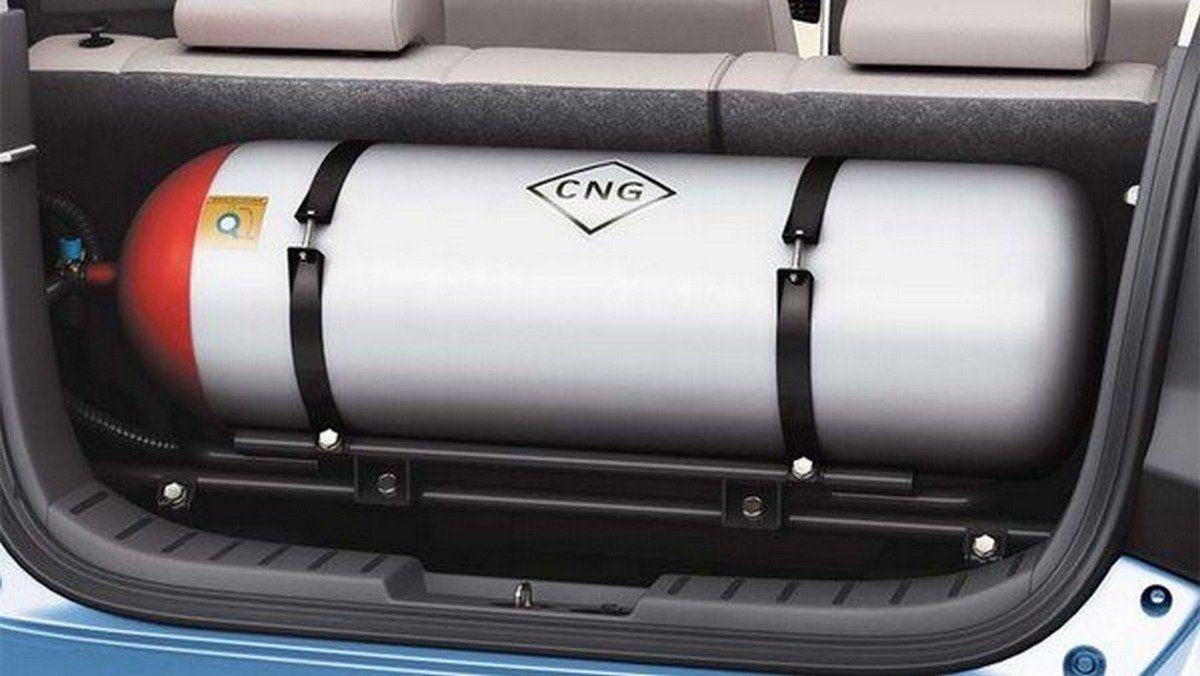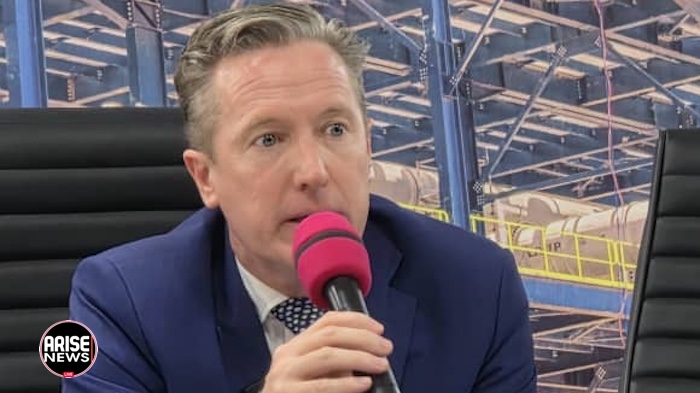
The Federal Government has introduced new measures to curb the use of substandard equipment in the conversion of petrol and diesel vehicles to Compressed Natural Gas (CNG) systems, as part of efforts to prevent explosions and improve public safety during gas refilling operations.
The move follows the official launch of the Nigerian Gas Vehicle Monitoring System (NGVMS) by the Minister of State for Petroleum Resources (Gas), Ekperikpe Ekpo, on Thursday at the NNPC Retail Station, Abuja.
Ekpo said the digital system represents a major milestone in the Federal Government’s commitment to promoting safety, transparency, and environmental responsibility in Nigeria’s growing CNG sector.
“The NGVMS will ensure that only vehicles converted at accredited facilities with certified kits can access CNG at approved stations,” the minister explained.
In a statement issued by his spokesman, Louis Ibah, Ekpo said the platform will offer end-to-end oversight from conversion to refuelling guaranteeing citizen safety and the integrity of the national CNG ecosystem.
He described the initiative as a key achievement under President Bola Tinubu’s Renewed Hope Agenda and the Decade of Gas Initiative, both of which aim to make CNG an affordable and sustainable energy alternative for Nigerians.
$1 Billion Private Investment in CNG Value Chain
The Chairman and Chief Executive Officer of the Presidential Initiative on CNG (PiCNG), Ismaeel Ahmed, revealed that more than $1 billion in private-sector investments have been injected into Nigeria’s CNG value chain so far.
He added that several new conversion and refuelling stations are scheduled for commissioning across the country before the end of the year, expanding access to clean and cheaper energy options for motorists.
“Private investors have shown strong confidence in the government’s gas expansion programme,” Ahmed said. “The next phase will focus on scaling up CNG infrastructure nationwide.”
Transport Unions Applaud CNG Initiative
Leaders of major transport unions present at the event commended President Tinubu for launching the PiCNG as part of efforts to cushion the impact of fuel subsidy removal in 2023.
They noted that the initiative has already provided over one million free CNG conversion kits, buses, and tricycles, leading to a significant reduction in transport fares and a ripple effect on food prices across the country.
The union leaders urged the government to prioritise commercial vehicles in the ongoing CNG rollout and to accelerate the establishment of more CNG stations nationwide to ensure seamless adoption.
“Only a few states currently have operational CNG conversion and refuelling stations,” they said. “Expanding access will further enhance the success of this initiative.”
Background
The NGVMS is expected to play a central role in the Federal Government’s transition strategy from fossil fuels to cleaner and cheaper gas alternatives, ensuring that all CNG-powered vehicles meet safety and technical standards.
By enforcing certification and traceability in the conversion process, the system will help prevent the use of unapproved kits, reduce safety risks, and build public confidence in Nigeria’s expanding gas mobility programme.



